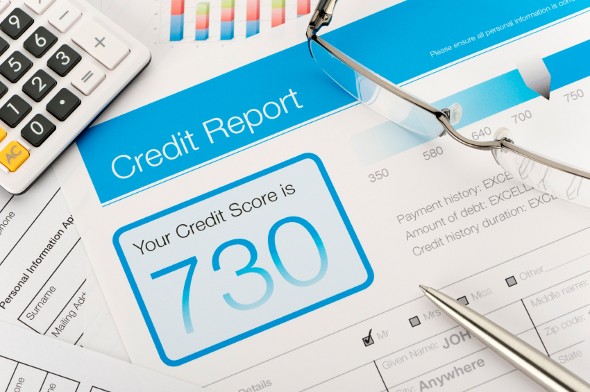College grads leave school with plenty of knowledge, but personal finance is one area where they tend to fall short. If you don’t actually know the difference between a credit report and a credit score, it’s time for a crash course. Here are the most important credit rules new grads need to follow to avoid being turned down for a home or car loan in the future.
Check out our personal loan calculator.
1. Pay Your Bills on Time
There are lots of different credit scoring models, but the one most lenders use is the FICO score. It’s made up of five different components, including your payment history. In fact, how you pay your bills accounts for 35% of your score overall. Even one late payment can knock off points and negative information can stick around on your report for seven years.
Previous FICO score calculations only looked at debts like student loans or credit cards but thanks to recent changes, utility payments will soon be factored in for people with thin credit files. Setting up bill payment reminders or automatic withdrawals with your bank can ensure that you’re not doing any unnecessary damage to your score.
Related Article: The 5 Fastest Ways To Improve Your Credit Score
2. Take a Minimalist Approach to Credit Card Debt
Improving your credit score means taking on debt so that you can then pay it off. The easiest way to do this is by using a credit card, but that’s something more than a third of 20-somethings shy away from.
If you’re going to use a credit card to establish a payment history, the best thing you can do is only charge what you can afford to pay in full each month. There are two reasons for this.
First, carrying a balance means you’re paying interest on what you spend. If you’re stuck with an annual percentage rate (APR) of 15%, 18% or 20%, the final price tag is going to be exponentially higher.
The other consideration is how your balance affects your credit score. Your credit utilization ratio is the total amount of debt you owe versus your overall credit line. If you have one or more cards that are close to being maxed out, that’s going to drive your score down.
3. Don’t Neglect Your Student Loans
Student loans are an unfortunate fact of life for many grads. Reports estimate that the average debt per borrower for the class of 2015 is somewhere around $35,000.
Late payments on student loans can affect your credit score, so if you think you’re in danger of falling behind, contacting your lender as soon as possible is a good idea. Deferment or forbearance can temporarily suspend your payments, for example. You can also restructure your federal loans using one of the income-dependent repayment plans.
It’s important to be even more proactive if you owe private loans. Generally, private lenders aren’t required to offer income-based payment plans or deferment. If you end up defaulting, it’ll be reported on your credit and you could face civil action if the lender decides to sue.
Check out our student loan calculator.
Final Word

Establishing good credit in your 20’s can serve you well into your 30’s and beyond, particularly if you’re interested in buying a home at some point. Your score ultimately determines whether you’re able to get approved for credit and what kind of interest rates you’ll pay. Taking steps to ensure that you’re keeping your credit on the right track now can keep you from facing potentially expensive consequences later on.
Photo credit: ©iStock.com/andresr, ©iStock.com/sturti, ©iStock.com/Courtney Keating

